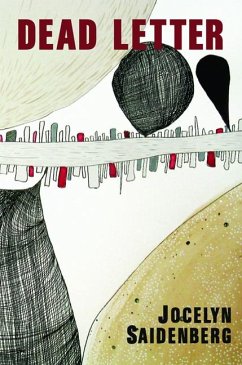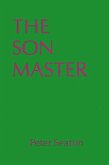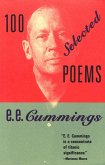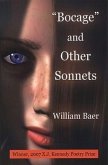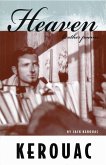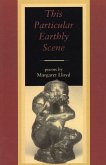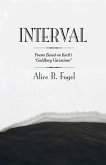Fiction. Poetry. California Interest. Women's Studies. LGBT Studies. Jocelyn Saidenberg's DEAD LETTER is a phenomenal dig into the tell of America's consciousness. In DEAD LETTER we hear Bartleby's voice beyond his singular, negative I prefer not to: his desire, his bewilderment and finally his revolt. Rarely has one person's point of view been so long awaited. "The first thing a reader will notice is that DEAD LETTER is Jocelyn Saidenberg's rewriting of Herman Melville's profoundly ambiguous story 'Bartleby the Scrivener.' Under Saidenberg's canny rendering, a radical repositioning of the story's narrative consciousness takes place, allowing the Scrivener an opportunity to inscribe, into the account of his 'passivity,' his capacity for resistance and love. Melville's character mutes his senses and lapses into perfect inactivity; Saidenberg's insists and occupies. That his insistence is on negativity makes it no less forceful; that his occupation is motivated by love makes it no less political. This is a tale of Wall Street, and readers will be reminded of the recent occupation there. But, more fundamentally, this is a tale of the Other as autonomous, exercising a refusal to be used even as an object of interpretation, and requiring the right to love."--Lyn Hejinian "More than a retelling of Melville's 'Bartleby the Scrivener,' DEAD LETTER is a revelation: it digs into the core of the original and pulls out the hidden, the unthought, the previously unspoken. Saidenberg pushes Bartleby's 'preferring not to' through the first layer of refusal--that act of will, insistence of self--into the terrain of love and death, death by love, a most extreme form of devotion. This novel is a profound examination of where desire and writing meet the living, working body: 'my asylum of thinking not thinking thinking.' At first, it held me then it
Hinweis: Dieser Artikel kann nur an eine deutsche Lieferadresse ausgeliefert werden.
Hinweis: Dieser Artikel kann nur an eine deutsche Lieferadresse ausgeliefert werden.

